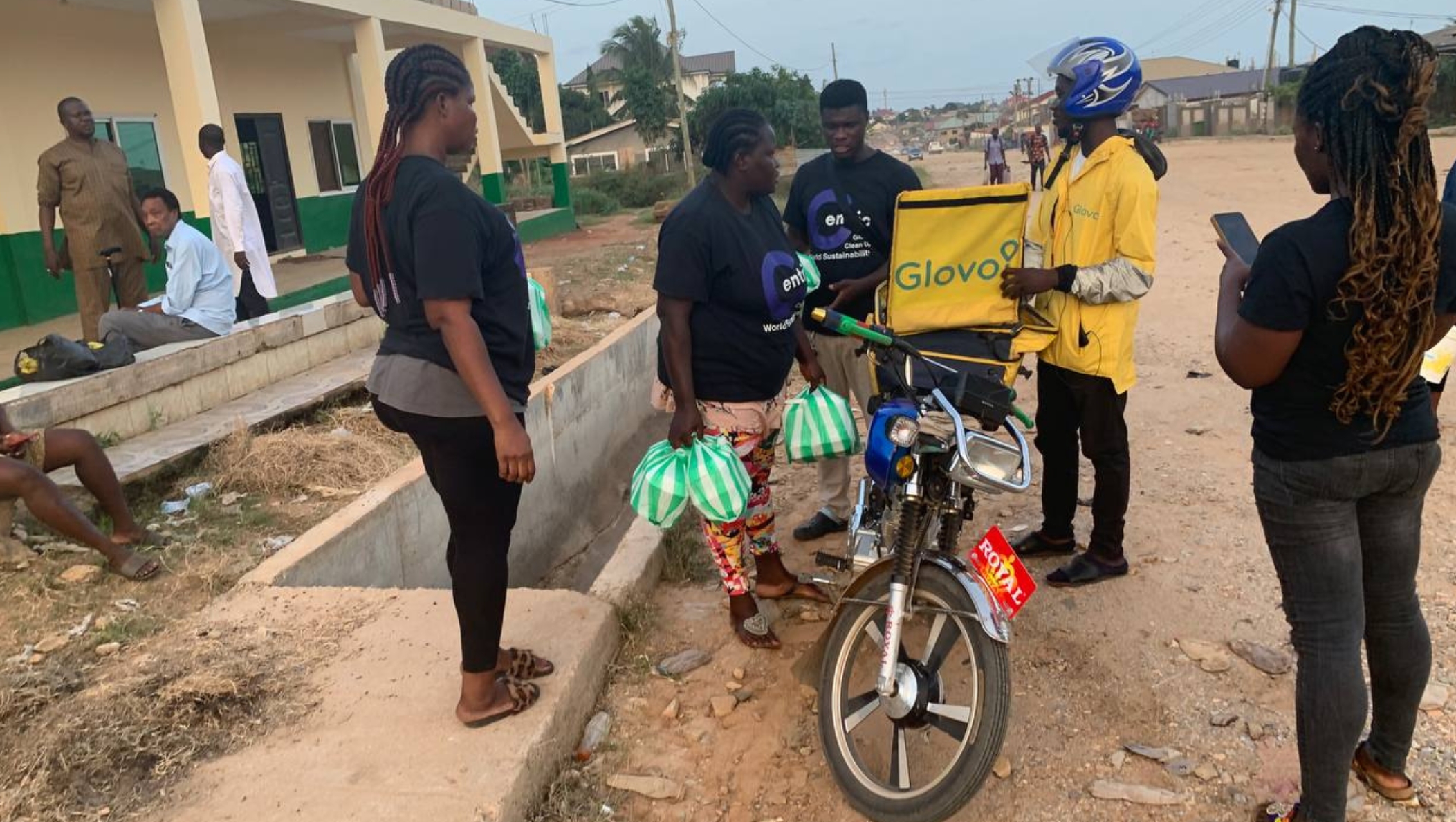

Centric’s work on global agendas is having an impact on alleviating distrust of systematic procedures in local communities. We have come together as a multicultural collective representing the different subgroups within Black, Asian, Latino and ethnic minority communities. Understanding there is not one size that fits each group, plus the inclusion and consideration of the cultural nuances and differences in these groups, are paramount.
On the back of COVID-19 and George Floyd, there has been an attempt by institutions to engage Black communities from the point of race and lived experience. However, it is quite clear there is a strong sentiment of distrust remaining across the urban locale.
There are current discussions regarding integrated care, shifting power and equity to ensure communities have a stake in the research and outcomes that impact them. Although this language sounds great, there are a number of issues that need to be addressed prior to the implementation of the actions this language relates to.
A recent Tudor Trust publication is an example that supports this conviction. They are currently undertaking a review regarding racial justice to understand the racism still prevalent within their own organisation. This shows these institutions still have a lot of work to do internally to effectively understand how to serve and drive change for seldom-heard communities.
“Due to current legislation regarding the integrated care system (ICS), the questions being asked are: why do you want to integrate us now? What is the incentive? How does it benefit you? The values of the ICS need to be explicit to the seldom-heard communities before attempting to engage."
CenGiving is the currency for engaging communities. The awkward conversations now become easier to have because the currency is working within the communities, at home and abroad.
It is imperative to have uncomfortable conversations first as these build the relationships to enable the critical conversations regarding race and engagement. At Centric, even based on our 15 years of experience engaging communities, we are still trailing, testing and innovating new methods. What we do know is that empathy, active listening and reflection needs to be at the core of any methods utilised to collaborate more effectively. Centric will be instilling them in the formulation of an engagement toolkit for organisations to use moving forward.
“Yes, Dr Danquah, we were brought up listening to a lot of this stuff around slavery, reparations, and Egyptology. However, there was never an action plan. I can see now, with the work going on in CenGiving, Elmina Castle and the Dominican Republic that you mean action. I am involved. Let me know how I can help.”
A key innovation that is becoming extremely powerful is the work of CenGiving, our charity arm, currently operating in Ghana, Gambia, Dominican Republic, South Africa, Kenya, and Pakistan. This work currently involves:
On our journey, we found passing cultural knowledge is another solid engagement tool, because I am giving them visual and digestible information that expands.
This work has already had a profound impact on racial politics locally. Most recently, our visit to Southwark Climate Day was met with applause when speaking about our international work. Those who were at the beginning sitting there sceptical of Centric became supporters once hearing about CenGiving, even asking how they could get involved.
“It is clear the importance of the global context and the trickle-down effect on local communities.”
Our work on global agendas has become evermore paramount given the context of reparations. Those who are to receive the funds have to be part of assigning how it is spent and invested. It is also crucial to engage their descendants based in South London through this process. The identification and support of existing initiatives in Africa will also be essential to how this reparation’s resourcing is spent. Culturally appropriate co-design, rooted in equitable engagement practices, must be implemented for the dissemination of the reparation’s resources across Africa.
It is easier for us to engage in a community locally when we are engaging with their communities back home. It solidifies and cements the relationship with them.
Please join us in the mission for the betterment of our communities and society at large.
---------
References

COPYRIGHT 2021. CENTRIC. ALL RIGHTS RESERVED